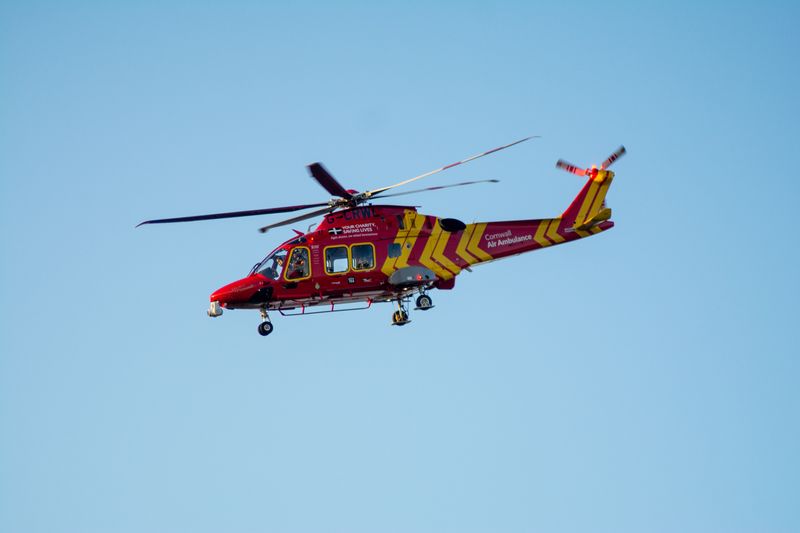We’ve all seen and heard an ambulance in action!
The wailing siren and flashing lights seemingly appear out of nowhere, demanding curious drivers clear the way for whatever emergency is happening inside this “hospital” on wheels.
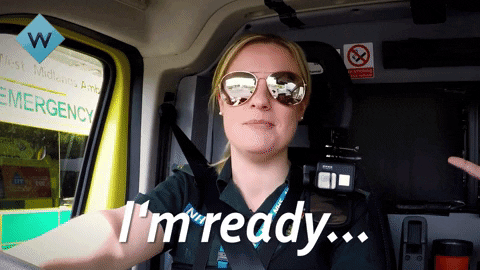
As the ambulance flies by, you see paramedics diligently working.
What are they doing?
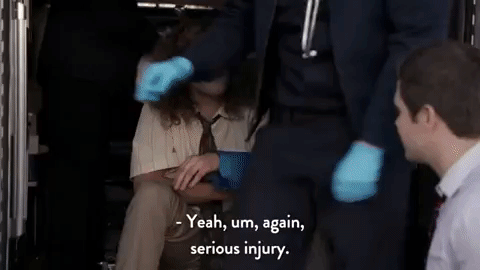
They could be helping someone with simply a minor injury or providing life-saving treatment until they can get to the hospital.
What Does A Paramedic Do?
Under the supervision and frequent communication of an offsite doctor, paramedics specialize in emergency treatments, such as:
Managing compromised airways and giving tracheotomies (incisions on the neck to create a direct opening to the airway)
Administering antidotes (a drug or chemical that counteracts the effects of another drug) for drug overdoses or poisonings
Applying pacemakers and using a defibrillator (a device that restores a normal heartbeat by sending an electric pulse or shock to the heart)
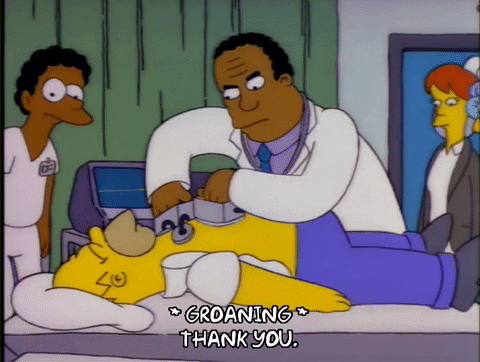
Performing basic medical testing and interpreting results
Evaluating patient data on monitoring equipment while en route to the hospital
Providing the receiving doctor a detailed account of the person’s condition
Inserting IV (intravenous) lines into patients
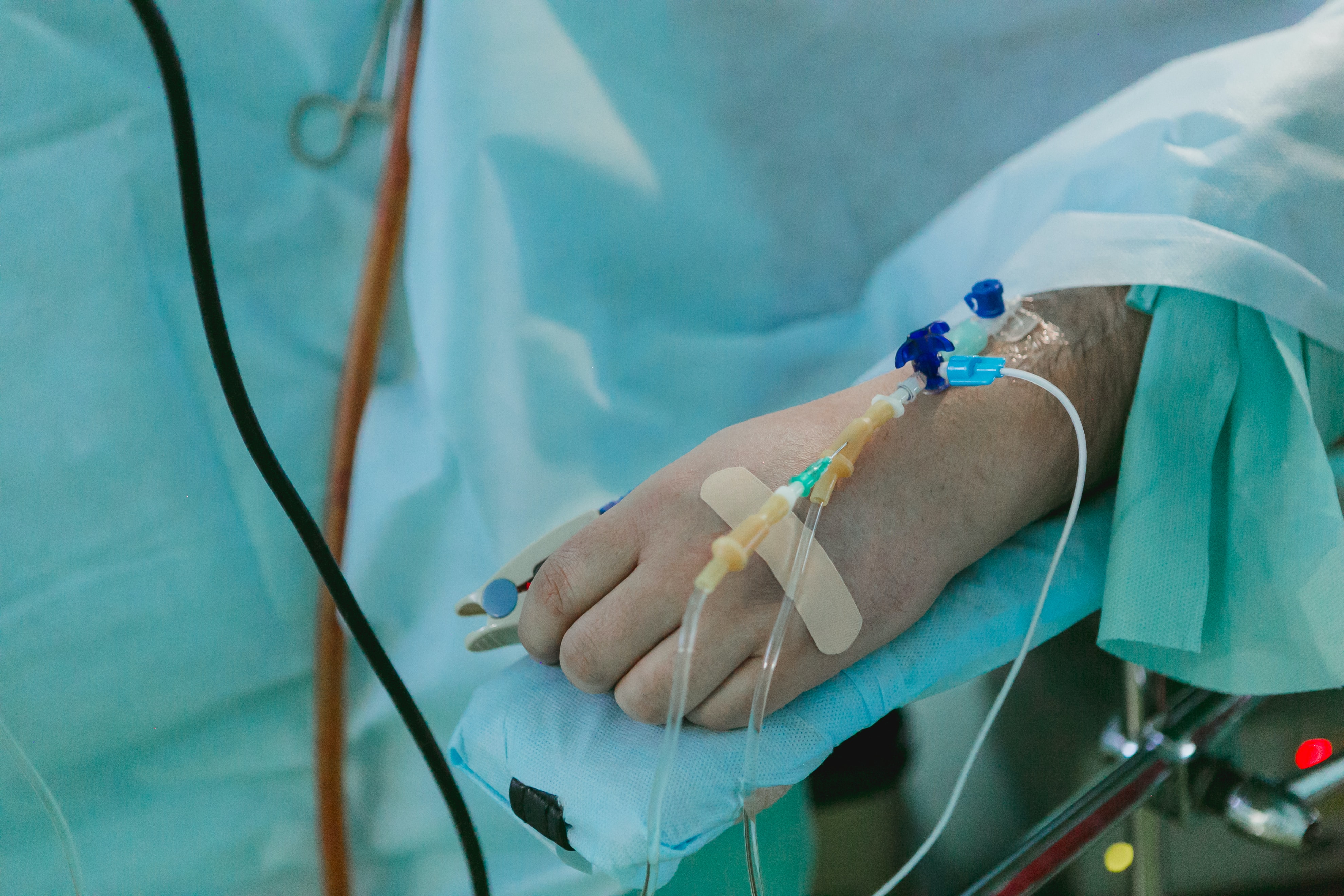 Photo by Olga Kononenko on Unsplash
Photo by Olga Kononenko on Unsplash
Where Can Paramedics Work?
Want to venture beyond the emergency room or ambulance? Why not be a paramedic on a…
Cruise ship
Oil-drilling platform
Ski resort
Air rescue transport
Ocean rescue team
S.W.A.T. team
Firefighting team
How Much Do Paramedics Earn?
In Canada: $55,000 – $75,000/year (CAD)
In the US: $36,650/year (USD)


Paramedics typically have a higher earning potential and more opportunities for career growth than EMTs.

How Can I Become a Paramedic?
Both EMTs and paramedics must obtain CPR certification.
Paramedics must complete a postsecondary educational program that usually lasts 1-2 years.
All states and provinces require EMTs and paramedics to be licensed (licensing conditions may vary by location).

High school students interested in becoming EMTs or paramedics should take courses in anatomy and physiology and consider becoming certified in CPR.
If You Have The Following Skills, You'll Make a Great Paramedic!
Must be able to provide emotional support to patients in an emergency
Excellent listening skills to be able to listen to patients
The ability to work well on a team
Be physically fit, as there is a lot of bending, lifting, and kneeling
Be an efficient problem solver to evaluate patients and administer treatments
Have strong speaking skills to clearly explain procedures to patients, give orders, and relay information
Quiz
The main difference between a paramedic and EMT is...
Take Action

What now you ask?
Your feedback matters to us.
This Byte helped me better understand the topic.

